Creating the Conditions and Capacity for Communities to Confidently Participate in Collaborative-Based Siting
Communities across the country are making decisions about approving or opposing the construction of new infrastructure of all types (energy-related, housing, transportation, water, etc.) Locating new infrastructure projects is referred to as “siting.” These projects often bring a mixture of benefits and costs to the local communities in which they are sited.
Collaborative-based siting is a new approach to locating infrastructure projects that gives power to veto a proposed project, or to negotiate an agreement that provides sufficient benefits in line with the community’s interests and values.
The collaborative-based siting approach was originally developed to site nuclear waste facilities in the US, Canada, Europe, and Japan, however it could also be used for solar and wind farms, airport expansions, landfills, and affordable housing, to list a few.
We are a collaborative consortium, drawing on expertise from around the world, to develop a voluntary collaborative-based (CBS) approach to locating infrastructure projects that are needed by the nation, but that present local costs and benefits.
We intend to improve the ability of communities to engage in productive conversations about infrastructure projects. By harnessing communities’ collective wisdom and experience, we also intend to provide an independent resource that reassures and empowers future communities engaged in a CBS process — knowing that the resource has been developed by communities for communities.
Our Mission
By offering skill-building workshops and grant funding, we seek to help communities improve their ability to engage in making decisions about new infrastructure. We also want to gather advice about how government and developers can best collaborate with communities in the future.
Our Approach
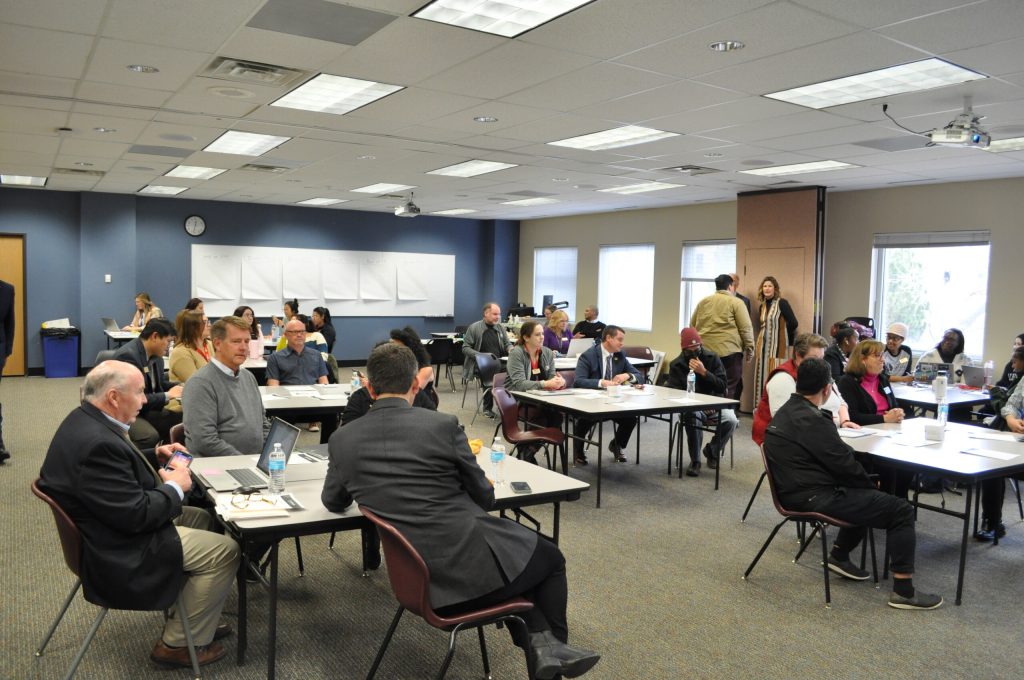
We are offering training workshops for community stakeholders and staff from local and regional governments.
The workshops will build communication and collaboration skills that will help community members collaborate and reach agreements on charged decisions about locating new infrastructure (energy, housing, transportation, waste management, etc.).
We will also be offering financial grants to enhance communities’ capacity and capability to conduct civic discussions about infrastructure projects.
Funding
We acquired funding from the US Department of Energy (DOE) for this work. The DOE has asked us to provide input on how future siting processes can be collaborative-based. “Collaborative-based” means an approach that focuses on prioritizing the needs and concerns of the people and communities that would host the facility.
The DOE has asked us to collect input from communities about how to design and run such a voluntary process. Sometime in the next five years, the DOE has plans to begin a collaborative-based siting process to find a single place to temporarily store the spent nuclear fuel that is presently held at about 80 locations across the USA.
Nothing in the work we are offering to do will in any way suggest that a community is interested in engaging with the DOE in the future.
- Phase 1
- Phase 2
- Phase 3
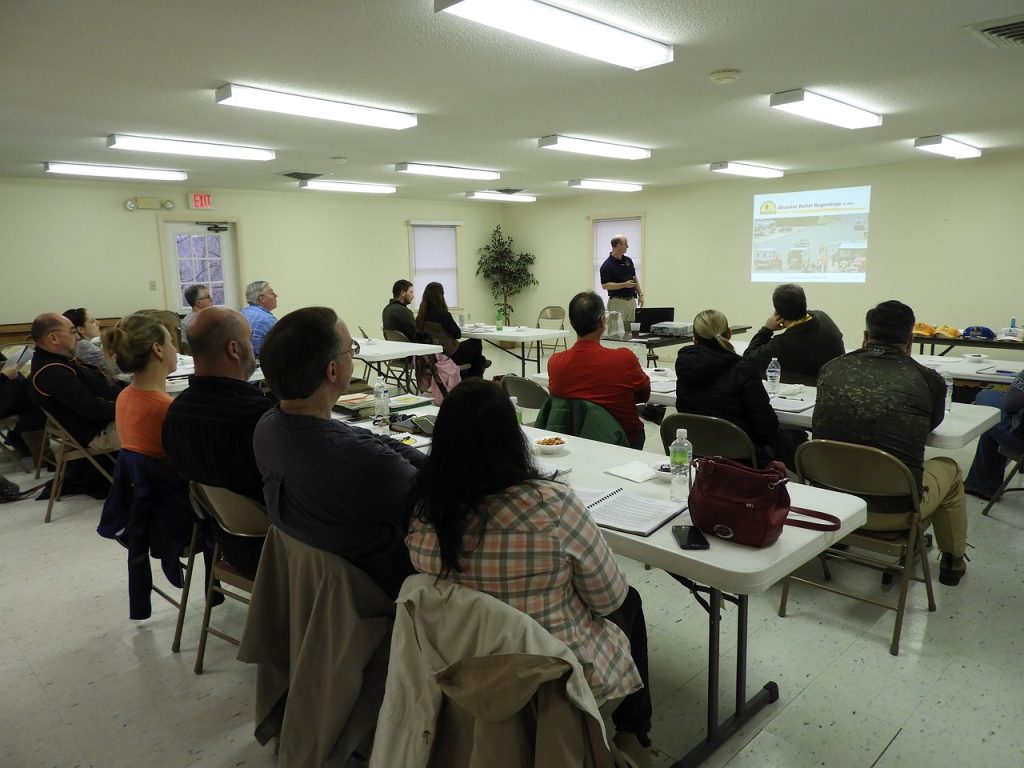
Drawing on the lived experience of populations with a history of being under-served and/or over-burdened, we will first explore how these communities currently learn about and consider potentially contentious siting and infrastructure projects, particularly those cutting across geographies and jurisdictions. We will offer capacity building workshops and gather recommendations from the community for how to do collaborative-based siting well.

Using what we learned from Phase 1, and incorporating learning from other countries, we will develop a common framework of principles and resources that US communities deem vital in building a meaningful, collaborative CBS process.

We believe that communities benefit when they can share and learn from other communities. For this reason, we will be building a network of communities that are dealing with similar kinds of controversies. This will serve as a resource base for communities seeking help and will empower communities to learn from each other.
Grants Program
Throughout this process we want to leave participating communities with enhanced confidence, capacity, and capability to meaningfully participate in discussions about controversial infrastructure projects of any kind.
Our goal is to engage 6-10 communities in Phase 1. We have substantial funding to support community and Tribal or regional government involvement.
Timeline
The project started in late 2023 and continues until fall of 2025.
Who We Are
We are a team of four organizations with decades of local government experience that are interested in empowering communities and people to have a greater role in the siting process.
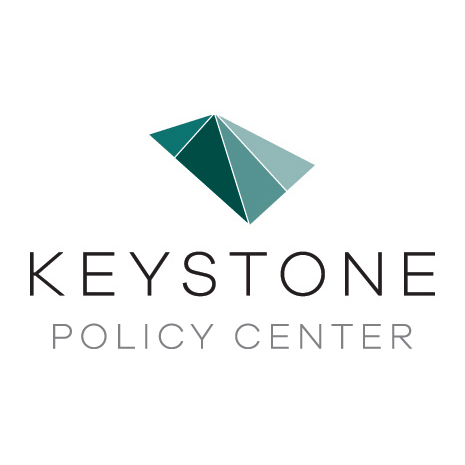
Keystone Policy Center
Keystone Policy Center is a nationally-recognized leader in community convening, facilitation, and capacity building – with a particular history of working with Tribal, under-served, diverse, and rural communities.

Social and Environmental Research Institute
SERI has deep social science research experience and expertise specifically in community engagement and collaborative-based siting processes — providing a bridge between applied social science and practical application within communities.

GDFWatch
GDFWatch has unrivalled direct experience of designing and helping implement the collaborative-based siting process in the UK, learning from the experience of repository programs around the world, and developing productive connections between affected communities.
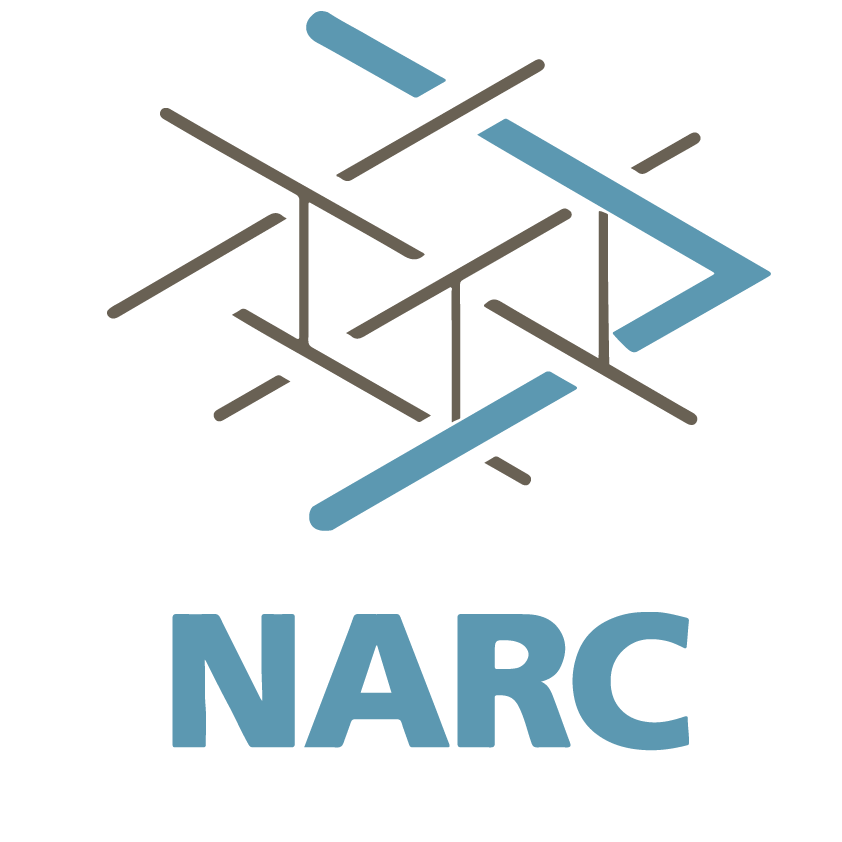
National Association of Regional Councils
NARC is the leading network of regional councils, encompassing communities and government at all levels engaged in long-term socioeconomic planning and co-operation across geographies.
Need to Know – Frequently Asked Questions
External Advisory Committee

Allison Macfarlane
Allison Macfarlane is the Director, School of Public Policy & Global Affairs, University of British Columbia and former Chair of the US Nuclear Regulatory Commission. She has also served on the Blue Ribbon Commission on America’s Nuclear Future.
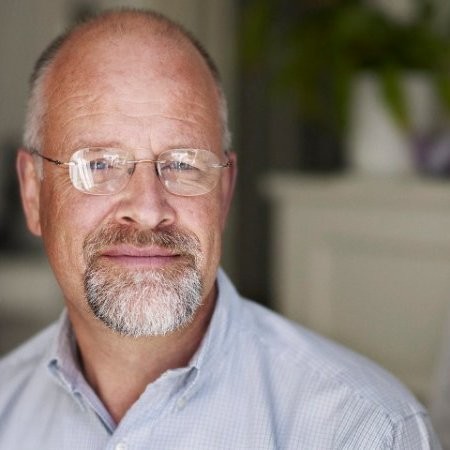
Jacob Spangenberg
Jacob Spangenberg is a former Mayor of Östhammar, Sweden, who brings unrivalled insight and experience, having led his community over 20 years, shaping its capacity and capability to meaningfully partner and participate in a just, equitable, and successful, collaborative-based siting process.
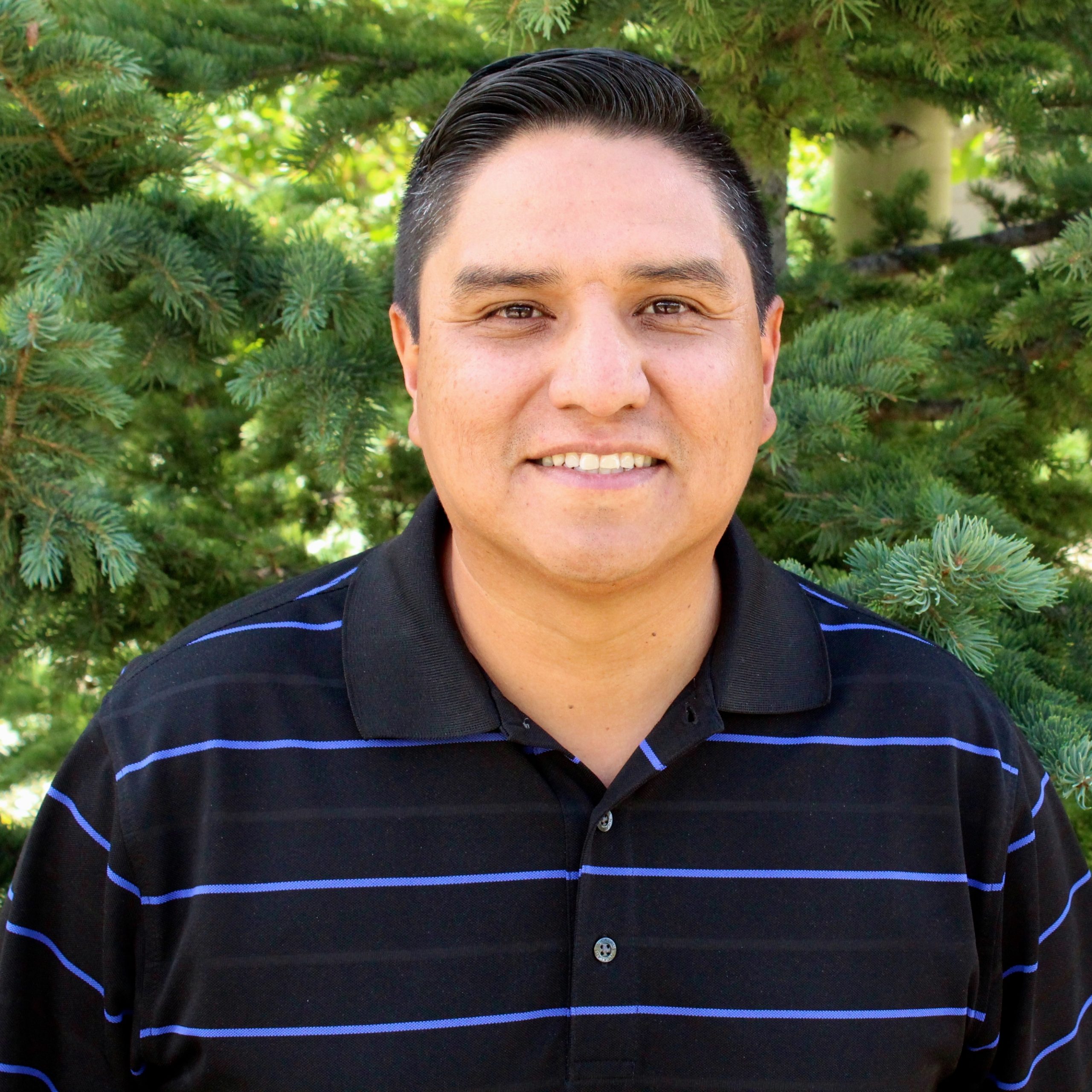
Ernest House, Jr.
Ernest House, Jr. is the Director of the Center for Tribal and Indigenous Engagement for the Keystone Policy Center. An enrolled member of the Ute Mountain Ute Tribe, House previously served as Executive Director of the Colorado Commission for Indian Affairs.
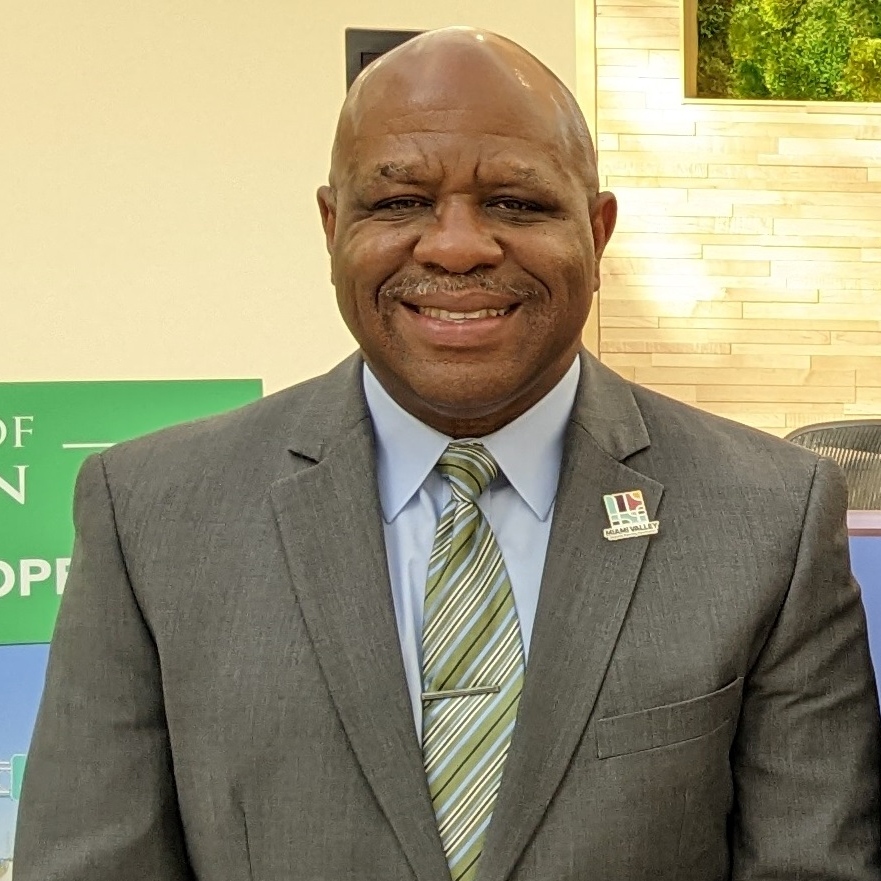
Brian Martin
Brian Martin is the Executive Director of the Miami Valley Regional Planning Commission. Martin has led over 20 public and private infrastructure projects, with specialty in economic development and public participation.


 Effective March 1, 2025, Thomas J. Vilsack, former United States Secretary of Agriculture and Governor of Iowa, became the first Chief Executive Officer for the World Food Prize Foundation. In this new role, Governor Vilsack is focusing on expanding the Foundation’s global network, and will further position the Foundation as a leader in addressing global food and nutrition insecurity, continuing his lifetime of public service.
Effective March 1, 2025, Thomas J. Vilsack, former United States Secretary of Agriculture and Governor of Iowa, became the first Chief Executive Officer for the World Food Prize Foundation. In this new role, Governor Vilsack is focusing on expanding the Foundation’s global network, and will further position the Foundation as a leader in addressing global food and nutrition insecurity, continuing his lifetime of public service. Shelby Coffey III is a distinguished journalist, media executive, and thought leader whose career has helped shape the landscape of American news and public discourse. Over several decades, Coffey has held some of the most influential roles in journalism, including serving as editor of the Los Angeles Times, executive vice president of ABC News, and deputy managing editor of The Washington Post. His editorial leadership extended to key roles as president of CNN Financial News, editor of the Dallas Times Herald, and U.S. News & World Report.
Shelby Coffey III is a distinguished journalist, media executive, and thought leader whose career has helped shape the landscape of American news and public discourse. Over several decades, Coffey has held some of the most influential roles in journalism, including serving as editor of the Los Angeles Times, executive vice president of ABC News, and deputy managing editor of The Washington Post. His editorial leadership extended to key roles as president of CNN Financial News, editor of the Dallas Times Herald, and U.S. News & World Report. Jerry Steiner has spent 40 years involved in agriculture following growing up on a Wisconsin dairy farm. He began his career with Monsanto, in multiple business leadership roles. From 2003-2013 he served as a member of the Executive team, as the company’s Executive Vice President of Sustainability and Corporate Affairs. He led the company’s global Government, Public and Industry Affairs teams across the 70 countries where Monsanto conducts business. This experience got Jerry connected to the Keystones centers work in agriculture. Key among his responsibilities were shaping the company’s public policy and building partnerships aimed at helping farmers around the world produce more food, while conserving valuable resources like water and energy. Two unique partnership that developed under his leadership were drought tolerant corn with 5 African countries, CIMMYT and the Gates foundation, and a building a sustainable business model in Brazil with the value chain leading to significant multi-company investment and soybean varieties that can protected themselves.
Jerry Steiner has spent 40 years involved in agriculture following growing up on a Wisconsin dairy farm. He began his career with Monsanto, in multiple business leadership roles. From 2003-2013 he served as a member of the Executive team, as the company’s Executive Vice President of Sustainability and Corporate Affairs. He led the company’s global Government, Public and Industry Affairs teams across the 70 countries where Monsanto conducts business. This experience got Jerry connected to the Keystones centers work in agriculture. Key among his responsibilities were shaping the company’s public policy and building partnerships aimed at helping farmers around the world produce more food, while conserving valuable resources like water and energy. Two unique partnership that developed under his leadership were drought tolerant corn with 5 African countries, CIMMYT and the Gates foundation, and a building a sustainable business model in Brazil with the value chain leading to significant multi-company investment and soybean varieties that can protected themselves. Jennifer Morris is the Chief Executive Officer of The Nature Conservancy, leading a team of nearly 6,000 staff working in more than 80 countries and territories tackling the dual crises of the
Jennifer Morris is the Chief Executive Officer of The Nature Conservancy, leading a team of nearly 6,000 staff working in more than 80 countries and territories tackling the dual crises of the  Congressman Joe Neguse represents Colorado’s 2nd District in the U.S. House of Representatives. He was elected to his first term in November 2018, becoming the first Black Member of Congress in Colorado history. In December 2022, Rep. Neguse was elected by his colleagues to serve as Chair of the Democratic Policy and Communications Committee (DPCC), becoming the first Coloradan to serve in a senior elected leadership role in the House in over 85 years. He serves on the Natural Resources and Judiciary Committees, and was also appointed by House Minority Leader Hakeem Jeffries to serve as one of four Democrats on the prestigious Rules Committee. Rep. Neguse serves as Ranking Member on the House Subcommittee on Federal Lands, which he previously Chaired in the 117th Congress.
Congressman Joe Neguse represents Colorado’s 2nd District in the U.S. House of Representatives. He was elected to his first term in November 2018, becoming the first Black Member of Congress in Colorado history. In December 2022, Rep. Neguse was elected by his colleagues to serve as Chair of the Democratic Policy and Communications Committee (DPCC), becoming the first Coloradan to serve in a senior elected leadership role in the House in over 85 years. He serves on the Natural Resources and Judiciary Committees, and was also appointed by House Minority Leader Hakeem Jeffries to serve as one of four Democrats on the prestigious Rules Committee. Rep. Neguse serves as Ranking Member on the House Subcommittee on Federal Lands, which he previously Chaired in the 117th Congress. Llewellyn King was born in Southern Rhodesia, now Zimbabwe. He went into journalism as soon as he turned 16, stringing for Time magazine and United Press in Africa.
Llewellyn King was born in Southern Rhodesia, now Zimbabwe. He went into journalism as soon as he turned 16, stringing for Time magazine and United Press in Africa. Steven Williams is the Chief Executive Officer of PepsiCo North America, overseeing a more than $48 billion business that spans PepsiCo’s Foods and Beverage operating units. His leadership encompasses more than 125,000 associates and over 900 locations across the U.S. and Canada. Steven joined PepsiCo in 2001 as part of PepsiCo’s acquisition of the Quaker Oats Company, which he joined in 1997, and has held leadership positions of increased responsibility since.
Steven Williams is the Chief Executive Officer of PepsiCo North America, overseeing a more than $48 billion business that spans PepsiCo’s Foods and Beverage operating units. His leadership encompasses more than 125,000 associates and over 900 locations across the U.S. and Canada. Steven joined PepsiCo in 2001 as part of PepsiCo’s acquisition of the Quaker Oats Company, which he joined in 1997, and has held leadership positions of increased responsibility since.